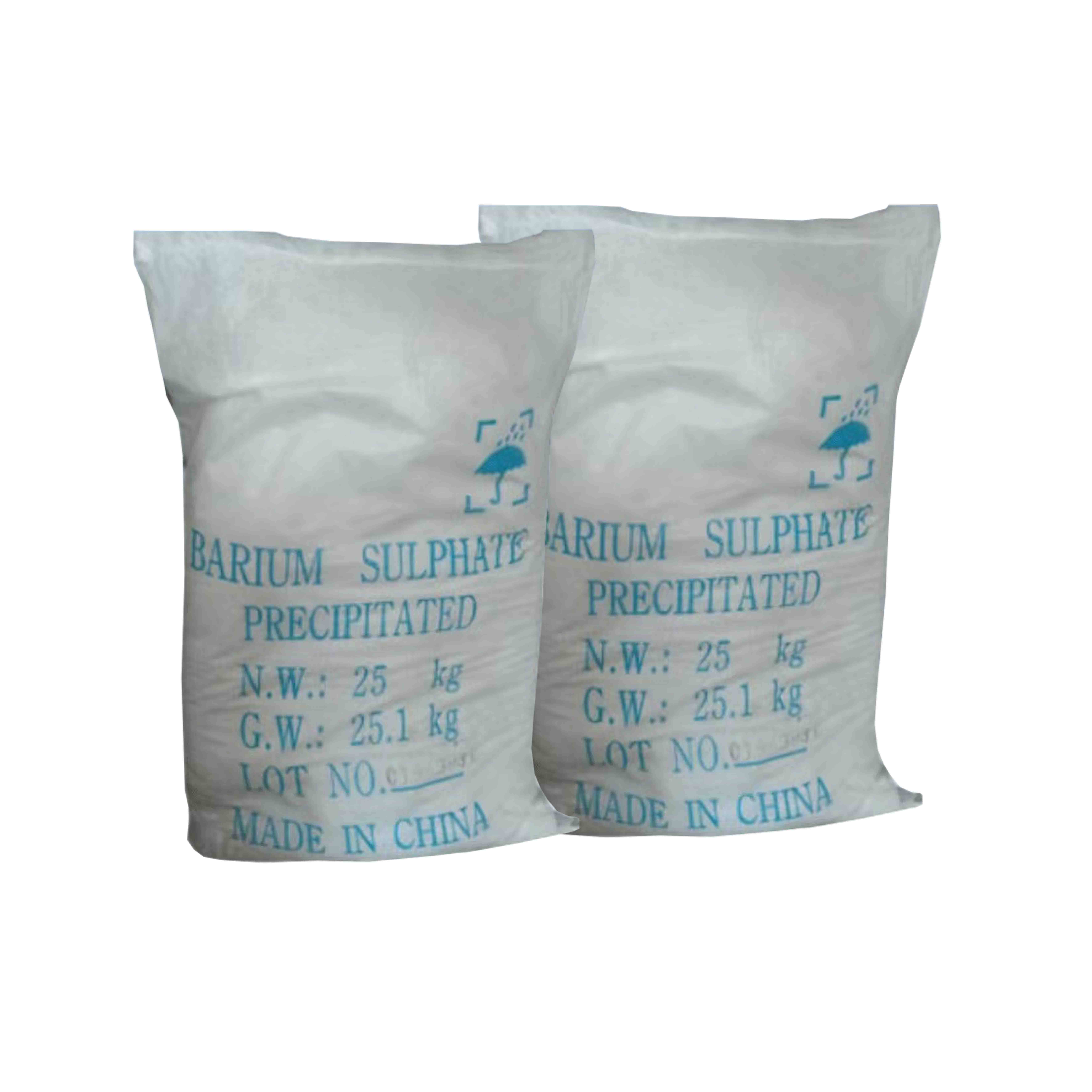Our commitment to excellence starts with our state-of-the-art manufacturing facility, which is equipped with the latest technology and machinery. This enables us to produce barium zinc sulfate that meets the highest standards of purity and consistency. Our team of experienced chemists and technicians monitors every step of the production process to ensure that our products meet the highest quality standards.
...
2025-08-14 21:47
1977

